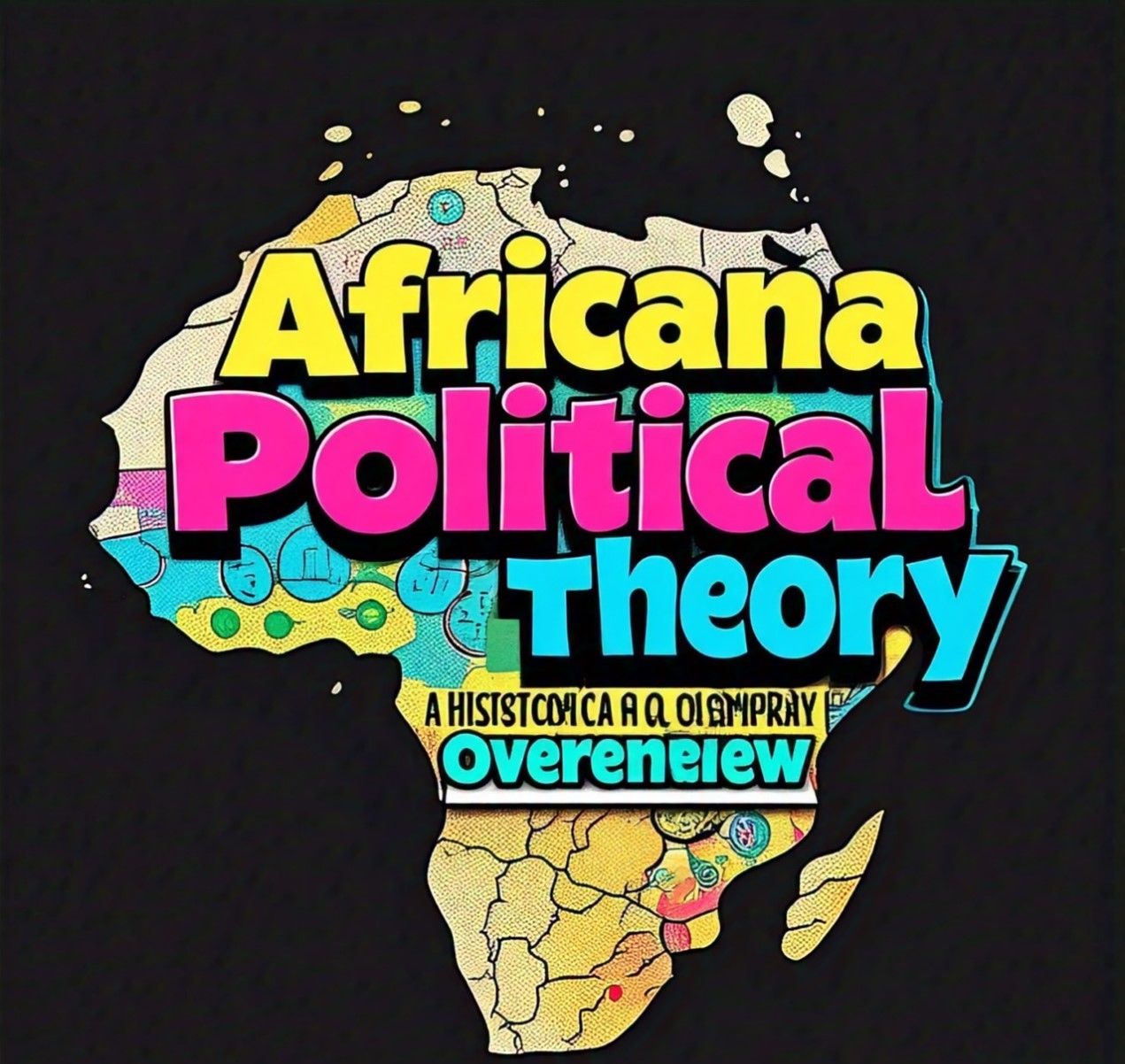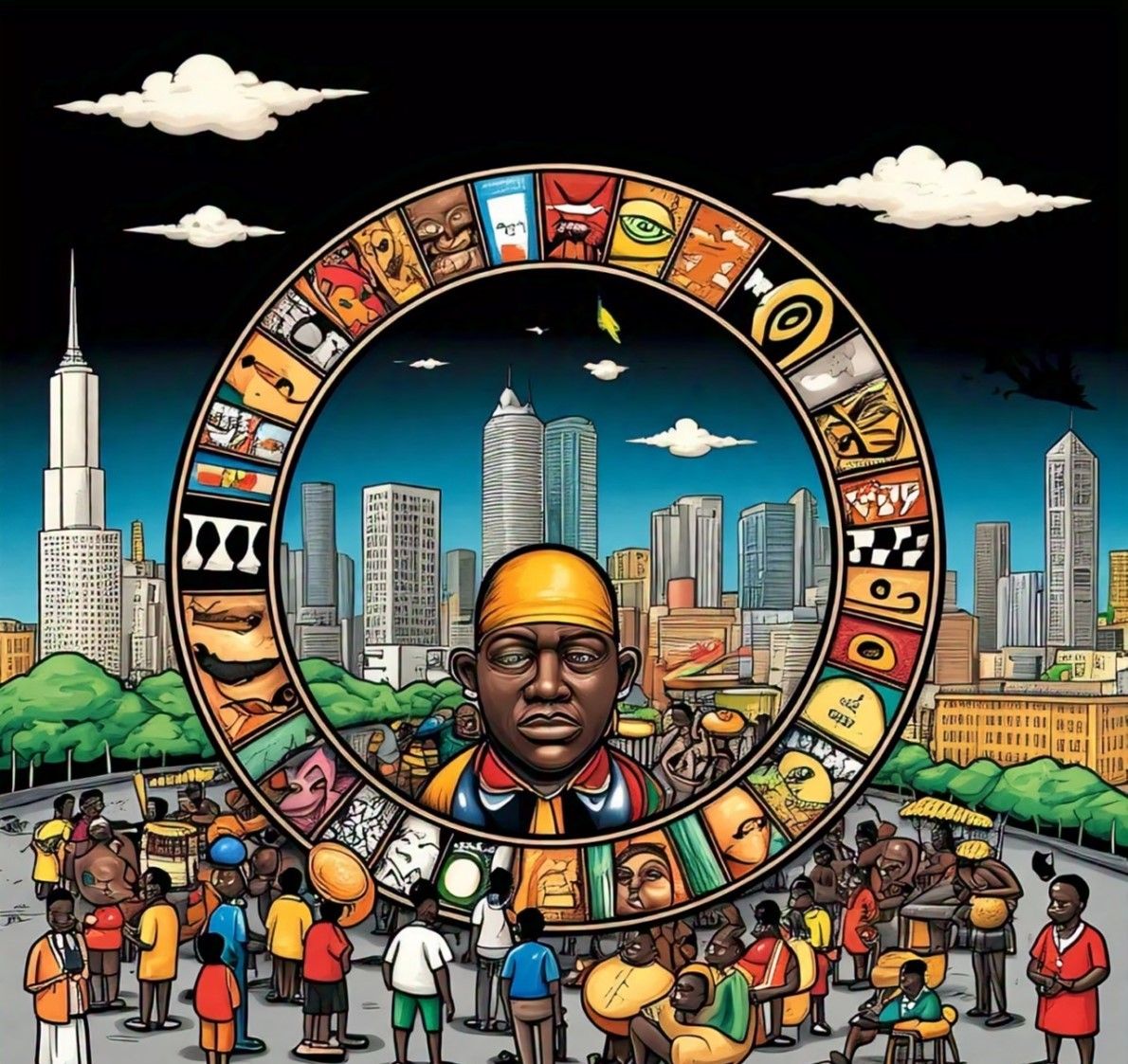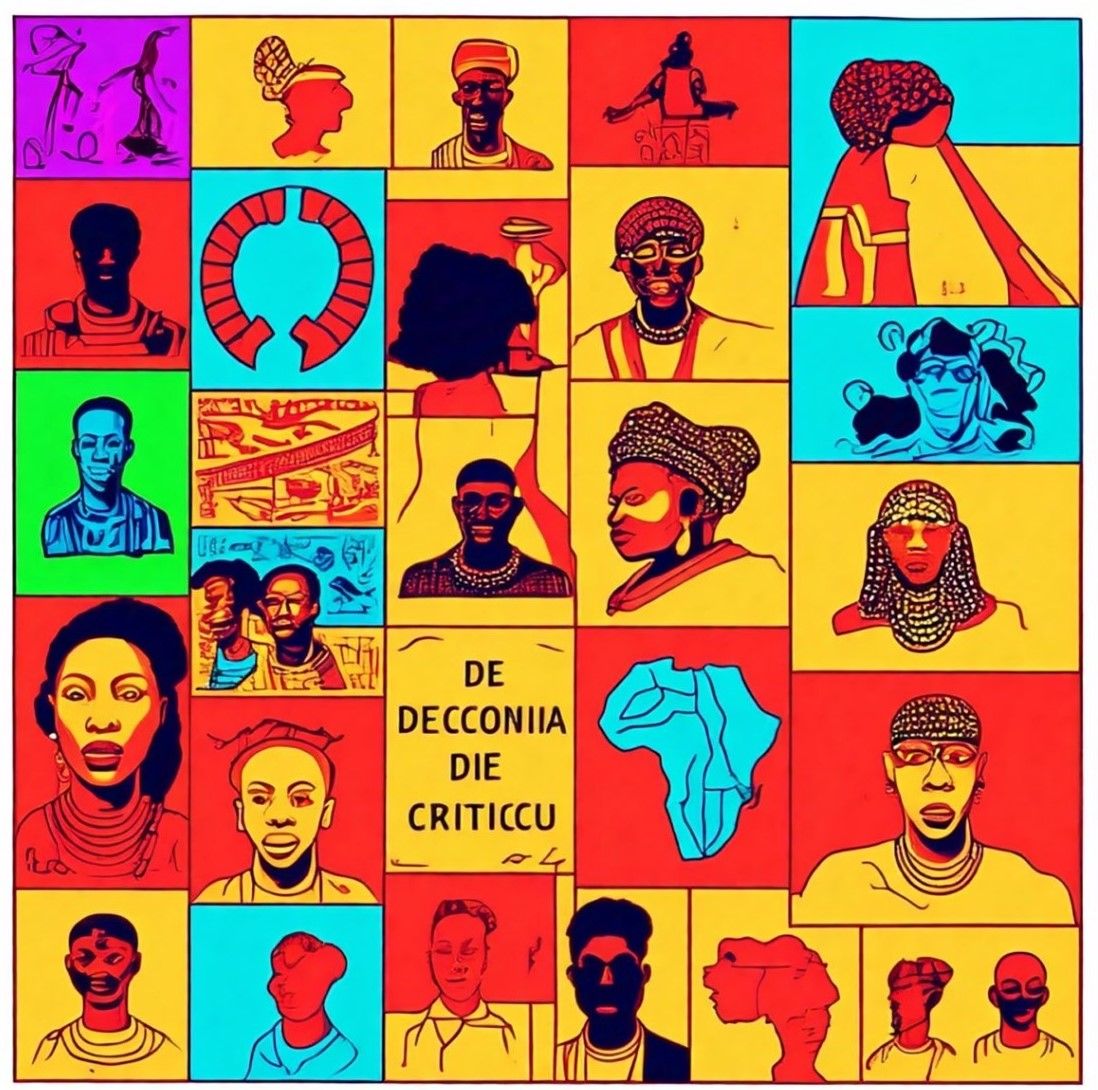What is colonial theory?
Colonization is when a foreign power takes over a territory and not only exploits its resources but also takes over the governance and administration of that area. Most of what we understand of the third world today was colonized by the first world. Thus, colonization is an integral part of our history. Colonial theory has multiple aspects such as economic, social, cultural, military, political and administrative. Colonial theory deals with the power dynamics between the colonized and the colonizer.
Colonial powers used methods such as military conquest, economic exploitation, political dominance and cultural homogenisation to establish hegemony. Colonial theory works on exploring such facets and it further goes on to explore tactics of dominance and methods of resistance in colonies. Therefore, the central idea of colonial theory is to address the embedded cause and enduring effects left all over the world by colonialism.
What is the decolonial critique?
In contrast to the colonial theory, the decolonial critique points out the great extent to which the colonial legacy still persists amongst us. It further extends the idea of “coloniality”. The central framework of the d colonial critic is to attack the colonial structures that still serve as the foundation for international politics, economy and social structures. Hence, the Decolonial theory tries to “delink”-or free- itself from the prevailing colonial theory. It talks about the Western hegemony in colonial studies and brings forward the need to focus on indigenous knowledge systems. Nonetheless, this critical perspective faces a complex Paradox. A large portion of the decolonial critique discourse is published or circulated through colonial-era archives, which are usually written in European languages, and they mostly follow Western academic frameworks. The battle to genuinely decolonize knowledge and mainstream the alternative perspective is continuously going on all around the third world. In this article, we will talk about African political thought.

What is African Political Thought (APT)?
Africa is a vast territory and so is the knowledge emanating from this region or representing this region. African political thought is one of the most prominent of all decolonial critiques. However, APT has more frequently than not been this regarded in academic discourses for a plethora of reasons. We have learnt that the traditional colonial theories are not capable of adequately representing the intricacies of the African experience. Such genuine knowledge can only come from those who were on the receiving end of the exploitation. Many important parts of African society are ignored in the Western knowledge base like the oral traditions passed from generation to generation and indigenous practices.
Decolonial critique tries to identify such errors and prejudices, and then it tries to meaningfully change the colonial narratives. The predominant Western political thought tends to homogenize Africa’s unique experiences. Such homogenization happens due to the tendency of Western scholars to assume that African history began with the arrival of colonizers. On top of that, it neglects the different effects of colonization in different areas. A good example of the same would be the extreme exploitation noted during the Belgian administration in Congo starkly contrasted with the comparatively more benevolent assimilation techniques adopted by French colonizers in Senegal. Thus, the decolonial intervention is very important to go closer to the truth and see the real picture of the colonial experience.
Colonial theorists disregarded the pre-existing political and social structures in Africa. It is another major drawback of the traditional approach. It results in ignoring how colonization changed the long-standing and functioning institutions of Africa in order to conveniently begin the discourse from the point of arrival of Europeans on the indigenous land. African political thought takes into consideration these discrepancies and also brings to the table fresh insights about the African struggle, methods employed to gain and retain autonomy and resistance strategies. It is a much-needed intervention because these deep nuances were often oversimplified in the traditional framework.
What are some Central ideas of African Political Thought (APT)?
African political thought is an umbrella term encompassing everything that tries to capture the African experience, Afro-descendant, and Afro-diasporic. It is mainly an ideology of the black thinkers and this theoretical approach not only offers constructive criticism of the colonial theory and Western paradigms but also offers innovative ways of understanding political thought decolonial lens.
African political thought (APT) breaks away from the traditional political philosophy, examining how Political theory so far has been racialized with whiteness. APT asks for the acknowledgement that the white standards have been set as the default standard of the entire human experience and legitimate epistemic authority. It has for the first time tried to assert blackness as the authoritative perspective for engaging in political discourse. Henceforth, the very central idea of APT is to reimagine the political knowledge and development of a modern political anthology in the African context that can properly take into account the complex cities of black identity. Three main cornerstones of the intellectual architecture of APT– insights from lived black experiences, expression of a fresh political vocabulary to capture the authentic experience and traditional community practices.
The thinkers of APT have long been trying to separate themselves from the Eurocentric framework and challenge the presumptions and biases about the African politico-social structure. As a constructive criticism, APT makes new room for alternative political ideologies. Thus, it not only represents the indigenous voice but also from an academic perspective, keeps the political theory alive and relevant. By looking into APT we can get a substantial idea about worldwide disparities and the growth and spread of colonialism. Without indigenous knowledge, it is impossible to comprehend structural inequalities. Here, African political thought becomes indispensable because of its roots in anti-colonial battles and gruesome resistance. It not only addresses the relevant problems but also offers workable solutions by taking into consideration inclusivity and diversity.

Who are some prominent thinkers representing APT?
There are numerous stalwarts dedicated their lives to enriching the decolonial critique. In this article, I would try to mention a few of the prominent thinkers whose work formed the backbone of African political philosophy and inspired the next generations of indigenous thinkers as well as postmodernists, constructivists and subaltern thinkers all over the world.
Frantz Fanon, a psychoanalyst of African origin situated in France, wrote “Black Skin, White Masks“ (1952) and “The Wretched of the Earth“ (1961). In his work, he focused on the psychological repercussions of colonial era liberation struggle and its lingering effect on both the abuser and victim i.e. colonizer and colonized. His take is a fresh one to explain the power-dynamics
W.E.B. Du Bois, an Afro-American social scientist and historian, also known as Pan-Africanist gave us seminal works like “The Souls of Black Folk“ (1903) and “Black Reconstruction in America” (1935). In his writings he developed ideas like ‘double consciousness’ to talk about how race and class interact in various scenarios, and the ‘colour line’ to establish the importance of race in world affairs.
Kwame Nkrumah, one of the prominent faces of the neo-colonial discourse as well as the first Black prime minister of Ghana, wrote “Consciencism” (1970) and “Neo-Colonialism: The Last Stage of Imperialism” (1965). Here, He expressed how colonial powers dominated and influenced colonies even before gaining power as well as after leaving colonies.
Other important contributors include Cedric Robinson, whose “Black Marxism” (1983) introduced the idea of racial capitalism, and Sylvia Wynter, a trailblazing figure in black feminism, who wrote essays such as “Unsettling the Coloniality of Being/Power/Truth/Freedom” (2003) that questioned Western notions of humanism. The philosophical underpinnings of African Thought were given by Leopold Senghor‘s “On African Socialism” (1964) and his works “on Négritude.” Together, these original works served as the intellectual foundation of APT.
What are the challenges of African Political Thought?
There are many ways of deciphering the challenges faced by APT. In this article, I have taken up the perspective of political theories and sociologist Michael F. Lofchie as expressed in his writing, “Political Theory and African Politics”. I have mentioned before one of the central challenges of any decolonial critique is that even today they are mostly filtered through Western academic structures before reaching the audience or the essence gets lost in translation into the European tongue.
Lofchie looks into the challenges of forming reasonable political theories and patterns given the tumultuous political situation in the African continent and the instability. He says that the theoretical ambiguity in APT emanates from the challenges of the volatile and unstable political environment in Africa characterized by frequent dissolution of political parties, lack of democratic institutions, military coups, rise in terror outfits and persisting crisis of national identity. He says terminologies like “decay” and “breakdown” have replaced terminologies like “development” and “modernisation”.
He goes on to note that political scientists struggle more in academics compared to other disciplines like anthropology. The reason behind such Low confidence is that there was a surge of hopeful nationalism during the 1950s due to many independence movements which in the long run failed to provide realistic insights into difficulties that the African continent was going to face right after gaining their freedom. The initial optimism resulted in unquestioning faith in the rebellions of the African civic institutions. Since this was not a realistic or wholesome vision, it left theoretical frameworks unprepared. Furthermore, the assumption of the beginning of African history of government from the point of arrival of Europeans definitely caused the theoretical framework to fall short of showing African reality. Very repetitively used Western conceptions like “legitimacy”, “consensus” and “representation” are not adequate to capture the complex scenarios in the third world therefore Africa. Hence, to produce more pertinent analytical tools for understanding African history and politics, APT promoted the decolonial critique rooted in their own mind and land.
There is no doubt about the existing prejudices. However, it impedes scholars from using many terminologies that can be interpreted as conservative or derogatory to African sentiment. In his paper, admits that nation-building and development are surely noble aims but they cannot draw the larger picture of the current political scenario in Africa. By relying on the Western framework, we risk oversimplification of intricate ideas. We should engage more in the decolonial discourse and keep in mind to overcome these preconceived notions by highlighting genuine experiences and black literature.

Conclusion
This article has illustrated the importance of decolonial critique and authentic academic literature. In the end, we must realise the importance of it in understanding the current political climate of Africa be it the rise in terrorist groups like Boko Haram in Nigeria, or multiple military coups every year or the unstable governments in general. Colonization by foreigners who did not understand the local culture or geography, and who had no knowledge about the history and functioning institutions of Africa prior to their arrival led to historical marginalisation, systematic underdevelopment and, sadly, fractured and incompatible governance structures. These byproducts of colonization create quite a ripe ground for breeding violence and extremism. African Political Thought is a very relevant tool to address the challenges of modern world problems, especially those rooted in the legacies of colonial and neo-colonial exploitation.
African Political Thought has the potential to offer a comprehensive solution to these problems thanks to the ideas of Nkrumah, W.E.B. Du Bois, Fanon and others. Fanon’s focus on the psychological effects of the brutality of colonialism draws attention to the generational trauma which causes many contemporary conflicts. The concept of the “colour line” along with the idea “junction of race and class” given by Du Bois helps us understand the continuation of structural inequalities in international political and economic institutions.
The concept of Neo-colonialism propounded by Nkrumah underscores the hegemony of former colonial powers in the international arena asserted by economic dominance. Current data suggests that nations of Africa collectively lose over $88.6 billion annually owing to illicit financial flows (according to UNCTAD), a strong indicator of how neo-colonial practices undermine the sovereignty and development of African Nations till today.
Since African philosophy is based on indigenous knowledge systems, it can provide sustainable solutions which Eurocentric paradigms cannot possibly fathom. For example, Africa’s traditional sustainable land practices give us needful insights into addressing the burning climate crisis exacerbated by exploitive industrialisation mainly of the first world.
Lastly, we need to mention that African political thought is more than just an academic endeavour, it is a rallying cry in a world struggling to cope with systematic injustice, inequality and various forms of extremism. The voice of APT empowers the under-represented and fosters diversity and human dignity which are essential for knocking down colonial legacies and promoting inclusive growth.


